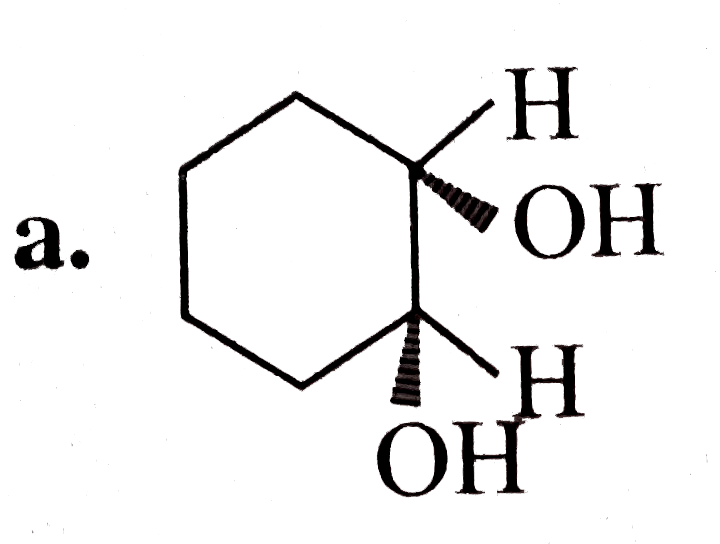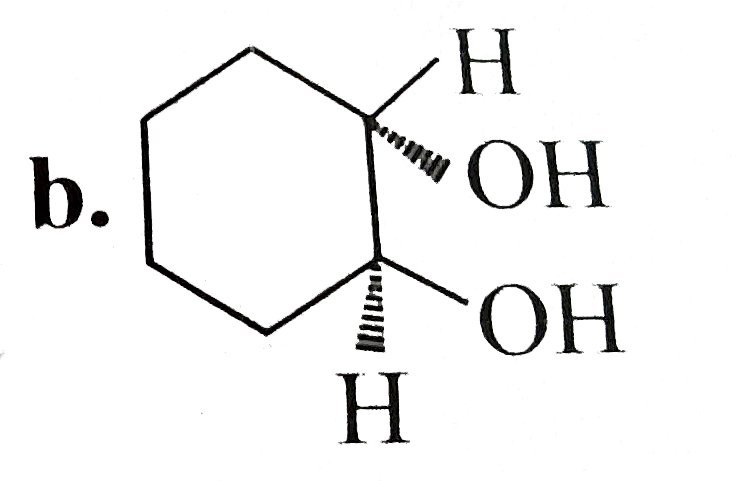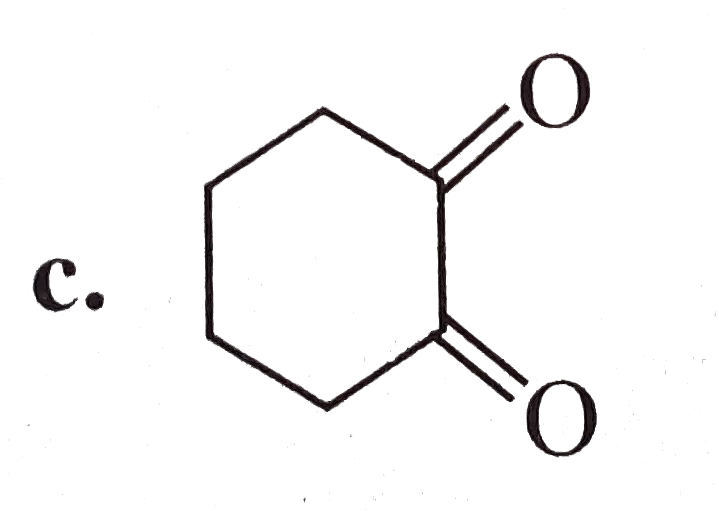Which of the following substances can undergo oxidation and release energy ?
Inorganic acids
Organic food
Organic acid
Both (2) & (3)
The correct Answer is:D
To determine which substances can undergo oxidation and release energy, we need to analyze the options provided in the question. Here’s a step-by-step breakdown of the reasoning:
Step 1: Understand Oxidation
Oxidation is a chemical process where a substance loses electrons, often associated with the release of energy. In biological systems, this process typically involves organic molecules.
Step 2: Evaluate Inorganic Acids
Inorganic acids like HCl (hydrochloric acid) and HNO3 (nitric acid) are not suitable for energy release in living organisms. Instead, they can be harmful and do not participate in the biological oxidation processes that release energy.
Hint: Consider whether the substance is organic or inorganic and its role in biological systems.
Step 3: Consider Organic Molecules
Organic molecules, such as carbohydrates, proteins, and fats, are the primary sources of energy in living organisms. These macromolecules can undergo oxidation:
- Carbohydrates are the most common energy source.
- Proteins are preserved for essential functions but can also be oxidized for energy.
- Fats (lipids) serve as a secondary source of energy.
Hint: Think about the types of macromolecules that are commonly used in cellular respiration.
Step 4: Assess Organic Acids
Some plants can utilize organic acids, such as malic acid, for energy. The respiratory quotient (RQ) value of malic acid is 1.33, indicating that it can also be oxidized to release energy.
Hint: Recall that some plants have specialized metabolic pathways that allow them to use organic acids.
Step 5: Conclusion
Based on the analysis, the substances that can undergo oxidation and release energy include organic food (carbohydrates, proteins, fats) and certain organic acids (like malic acid). Therefore, the correct answer is option 4, which states that both organic food and organic acids can be oxidized to release energy.
Final Answer: Option 4: Both 2 (Organic food) and 3 (Organic acid).
Oxidation is a chemical process where a substance loses electrons, often associated with the release of energy. In biological systems, this process typically involves organic molecules.
Inorganic acids like HCl (hydrochloric acid) and HNO3 (nitric acid) are not suitable for energy release in living organisms. Instead, they can be harmful and do not participate in the biological oxidation processes that release energy.
Organic molecules, such as carbohydrates, proteins, and fats, are the primary sources of energy in living organisms. These macromolecules can undergo oxidation:
- Proteins are preserved for essential functions but can also be oxidized for energy.
- Fats (lipids) serve as a secondary source of energy.
Some plants can utilize organic acids, such as malic acid, for energy. The respiratory quotient (RQ) value of malic acid is 1.33, indicating that it can also be oxidized to release energy.
Based on the analysis, the substances that can undergo oxidation and release energy include organic food (carbohydrates, proteins, fats) and certain organic acids (like malic acid). Therefore, the correct answer is option 4, which states that both organic food and organic acids can be oxidized to release energy.
Topper's Solved these Questions
- RESPIRATION IN PLANTS BOOK - AAKASH INSTITUTECHAPTER - RESPIRATION IN PLANTS EXERCISE - Assignment (Section B)
35 Videos
- RESPIRATION IN PLANTS BOOK - AAKASH INSTITUTECHAPTER - RESPIRATION IN PLANTS EXERCISE - Assignment (Section C)
39 Videos
- RESPIRATION IN PLANTS BOOK - AAKASH INSTITUTECHAPTER - RESPIRATION IN PLANTS EXERCISE - Exercise
20 Videos
- REPRODUCTIVE HEALTH BOOK - AAKASH INSTITUTECHAPTER - REPRODUCTIVE HEALTH EXERCISE - Sectoin -D Assertion - Reason Type Questions
22 Videos
- SEXUAL REPRODUCTION IN FLOWERING PLANTS BOOK - AAKASH INSTITUTECHAPTER - SEXUAL REPRODUCTION IN FLOWERING PLANTS EXERCISE - Assignment (SECTION D)
20 Videos
Similar Questions
Knowledge Check
Which of the following can undergo sublimation?
AAmmonium chlorideBAmmonium sulphateCAmmonium phosphateDAmmonium chlorateWhich of the following will undergo periodic oxidation?
Aa. Bb.
Bb. Cc.
Cc. Dd.Glyoxal
Dd.GlyoxalWhich of the following compounds undergo periodic oxidation
A_E01_541_O01.png) B
B_E01_541_O02.png) C
C_E01_541_O03.png) D
D_E01_541_O04.png)
Which of the following configuration can undergo distortion
View SolutionWhich of the following substances can be assimilated unchanged?
View SolutionWhich of the following substances can be reabsorbed the DCT
View SolutionWhich of the following substances undergo(s) disproportionation reactions under basic medium?
View SolutionWhich of the following substances undergo(s) disproportionation reactions under basic medium?
View Solution
